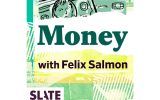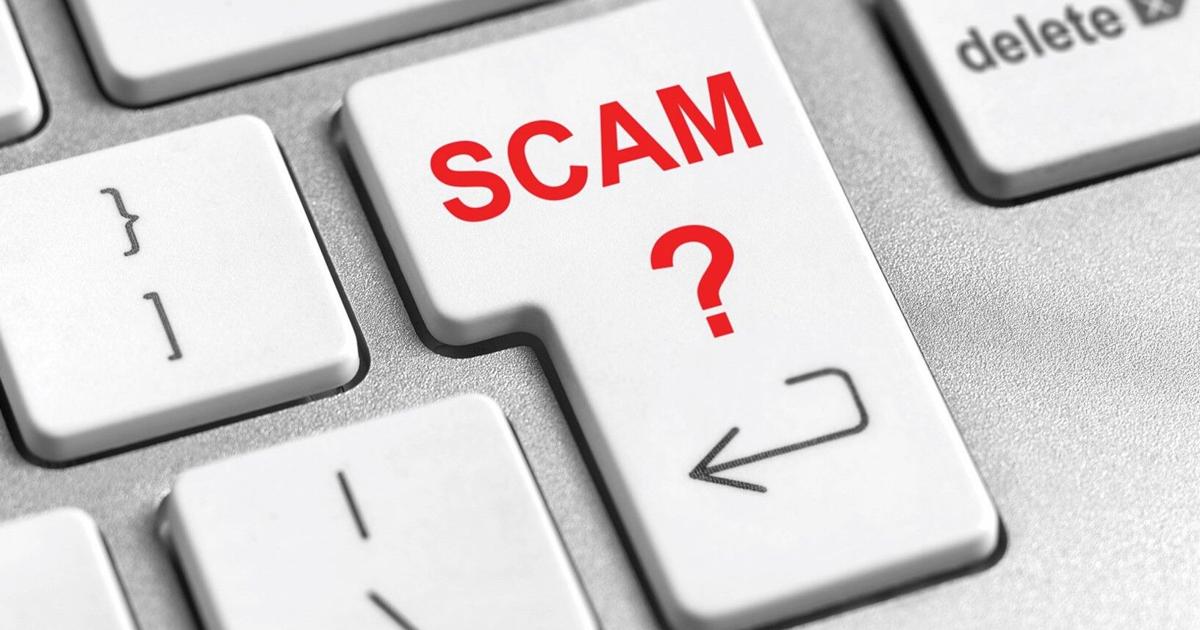Companies use Quick Response (QR) Codes to point consumers to their apps, pay parking meters, track packages, view menus and more. But because these codes can’t be read by the human eye, they have become a new way for scammers to disguise malicious links. As QR codes grow in usage, BBB Scam Tracker is seeing more reports of con artists using them to mislead consumers.
“Something to always keep in mind,” Mechele Agbayani Mills, President and CEO of BBB Serving Central East Texas said. “Is that whenever new technology grows in popularity, scam artists will capitalize on that trend.”
Where fraudulent QR codes have been found recently:
Parking meter payments. Be on the lookout for fake QR codes on the back of parking meters designed to lure victims away from the legitimate payment portal.
Cryptocurrency wallets. While some may be legitimate, use caution when cryptocurrency traders direct investors to digital wallets via a QR code.
Phishing scams. Watch out for QR codes which send victims to phishing websites or contain malware-infected downloads.
These scams differ greatly, but they all have one thing in common. Scammers hope you will scan the code right away, without taking a closer look. QR codes often appear to come from legitimate sources, so make sure any correspondence is legitimate before…















